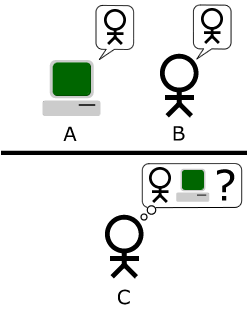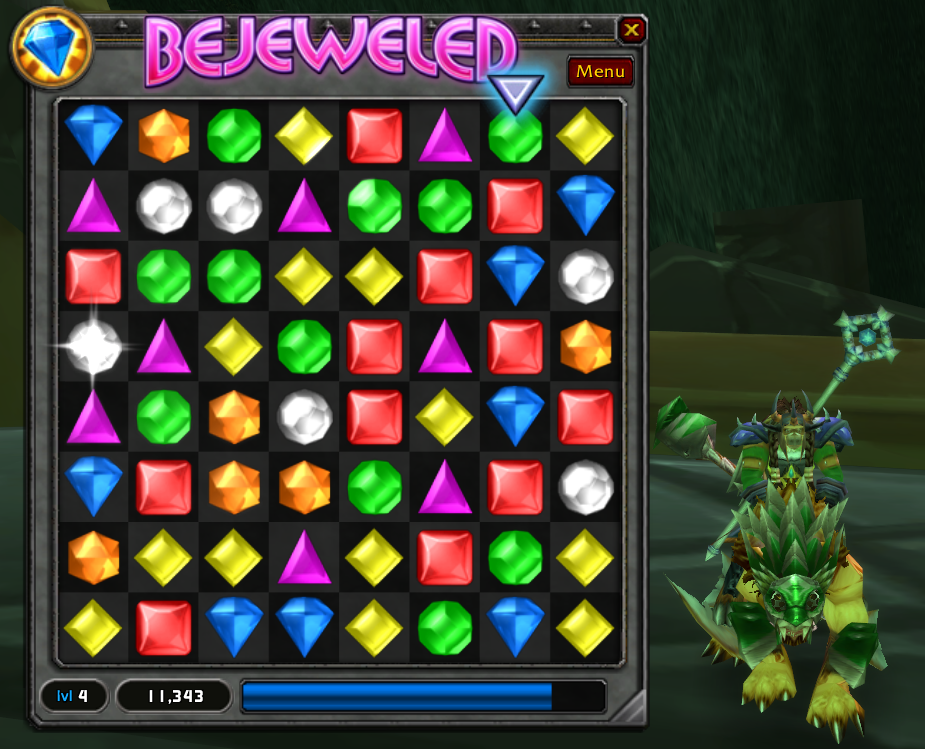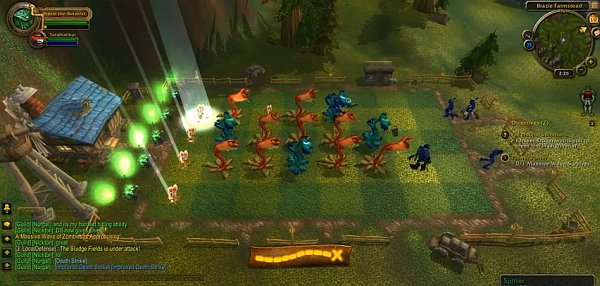"[T]he old system of exclusion and insulation are stagnation and death. National health can only be maintained by the free and unobstructed interchange of each with all.... It is impossible that old prejudices and hostilities should longer exist, while [there is] an exchange of thought between all the nations of the earth" (Charles F. Briggs, 1858, quoted in James W. Carey,
Communication as Culture, p. 205).
While Briggs was speaking of the telegraph as the instrument that would foster worldwide communication and usher in a brave, new world, he could just as easily been writing about the early days of the internet.
When I was first online, it seemed like you could be anyone you wanted to be. This in turn let you speak your mind - and learn from others doing the same. I remember so many stories of people meeting from different parts of Turkey - and around the world, for that matter - who wound up being friends or even getting married. This would have been impossible without the internet and really made me feel that the planet was getting smaller and friendlier.
I still want to feel that way, but sometimes the facts just get in the way. In September, for example, at least five gay students committed suicide due to online bullying, the most famous of which happened because a kid's roommate was streaming a live feed of him and his boyfriend being intimate. Of course, this has caused a lot of people to grieve online and
organize online to protest this, so I know that the internet <i>can</i> make the world a better place through free speech. But it just seems outweighed by how much "old prejudices and hostilities" flood the 'net.
Never mind the anti-gay thoughts online, as a foreign-born Muslim living in the US, I cringe and feel sad and sometimes scared by the anti-Muslim stuff I find online. I see my religion of Islam distorted into one of hate and ignorance by people who've probably never even met a Muslim. The internet makes it easier than ever to spread such ignorance.
Of course, such ignorance isn't unique to one country. Plenty of my Muslim brethren get caught up in anti-Western ignorance. Hell,
Palestinian children are being named "Hitler" and his book Mein Kampf is a bestseller. And the use of the internet to bring up old wounds and create new ones isn't limited to Christians, Jews and Muslims any more than it is to gays and rednecks.
Serbian extremists, for example, are using Facebook, Twitter, blogs and websites
to spread hate. Haters from Argentina to Wales, from Greece to Estonia, Denmark to Ukraine and beyond are
putting hate music up online to stir up trouble and spread ignorance.
Carney wrote that the telegraph, by linking peoples from different regions together in a common language "reworked the nature of the written language and finally the nature of awareness itself" (210). Language got stripped of adjectives and opinions and became more "objective," since bandwidth was extremely limited in that medium.
The internet, by contrast, is much, much more closer to being unlimited. It's like the difference between Twitter and YouTube. Hate groups can post movies, words and pictures that are anything but "scientific" or "objective" - it is the complete opposite of the telegraph. As for the telegraph, it too was used by large news organizations that sought a commonness among different consumers much like most television advertisers on the major networks don't want to stir up trouble. As a result, there really was no opportunity for one person to cause too much trouble with the telegraph. Of course, that's all changed with the internet.

There are those that want to censor the internet and I think that the cure would be worse than the disease. The world is a tough place and the internet at times can reflect that. But at the same time, it gets balanced out when people rallied to fight anti-gay prejudice last month - or raised millions online for the earthquake victims in Haiti or the Indonesian tsunami victims. The answer isn't in stopping people from speaking, but rather in educating them, in getting rid of the injustices and inequalities in the world. While it is naive to think that this will happen overnight, the patient struggle against evil is better than a quick fix that will in reality solve nothing.
It's just too bad that Briggs wasn't right about global communication.
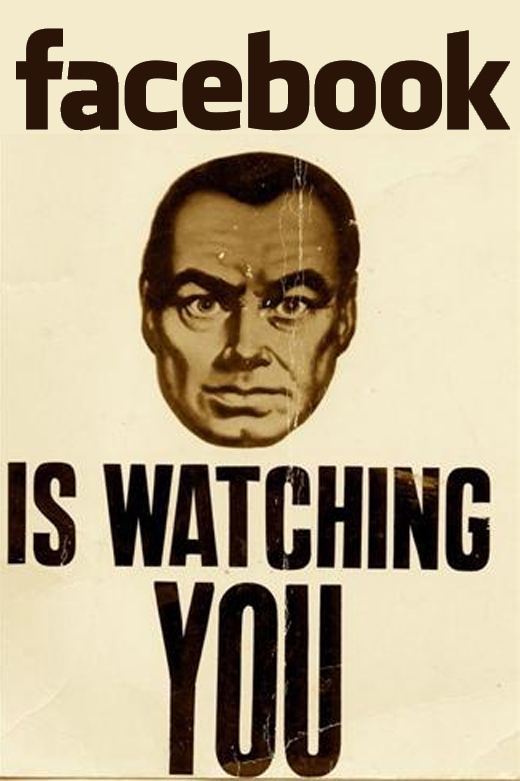 Can you imagine your boss or any other of your "friends" being able to see your communications? How about any company on the planet willing to pay pennies to Facebook for the privilege. It's bad enough that Facebook has followed its formula of taking away privacy, then giving the illusion of a little bit back, then repeating. Now it wants to have access to all of our communications, dreaming of turning that into cash. If it's successful, it will not only be able to sell your demographic and network analysis data, it will now be able to provide marketers with real-time communications data.
Can you imagine your boss or any other of your "friends" being able to see your communications? How about any company on the planet willing to pay pennies to Facebook for the privilege. It's bad enough that Facebook has followed its formula of taking away privacy, then giving the illusion of a little bit back, then repeating. Now it wants to have access to all of our communications, dreaming of turning that into cash. If it's successful, it will not only be able to sell your demographic and network analysis data, it will now be able to provide marketers with real-time communications data.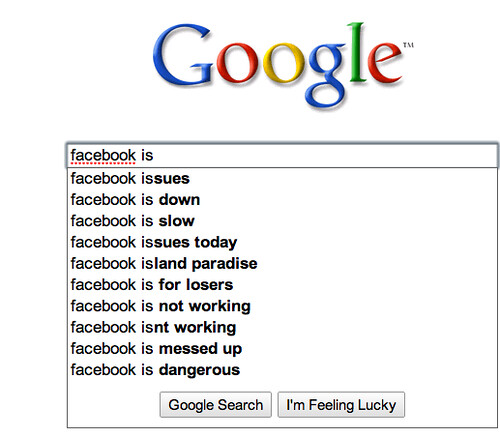 In the end, I've already given away too much of my information to Facebook. I'll keep the rest separate from them - in an easier to use, non-Facebook email platform. If Facebook wants my communications data, it's going to have to buy it from Google. :)
In the end, I've already given away too much of my information to Facebook. I'll keep the rest separate from them - in an easier to use, non-Facebook email platform. If Facebook wants my communications data, it's going to have to buy it from Google. :)



